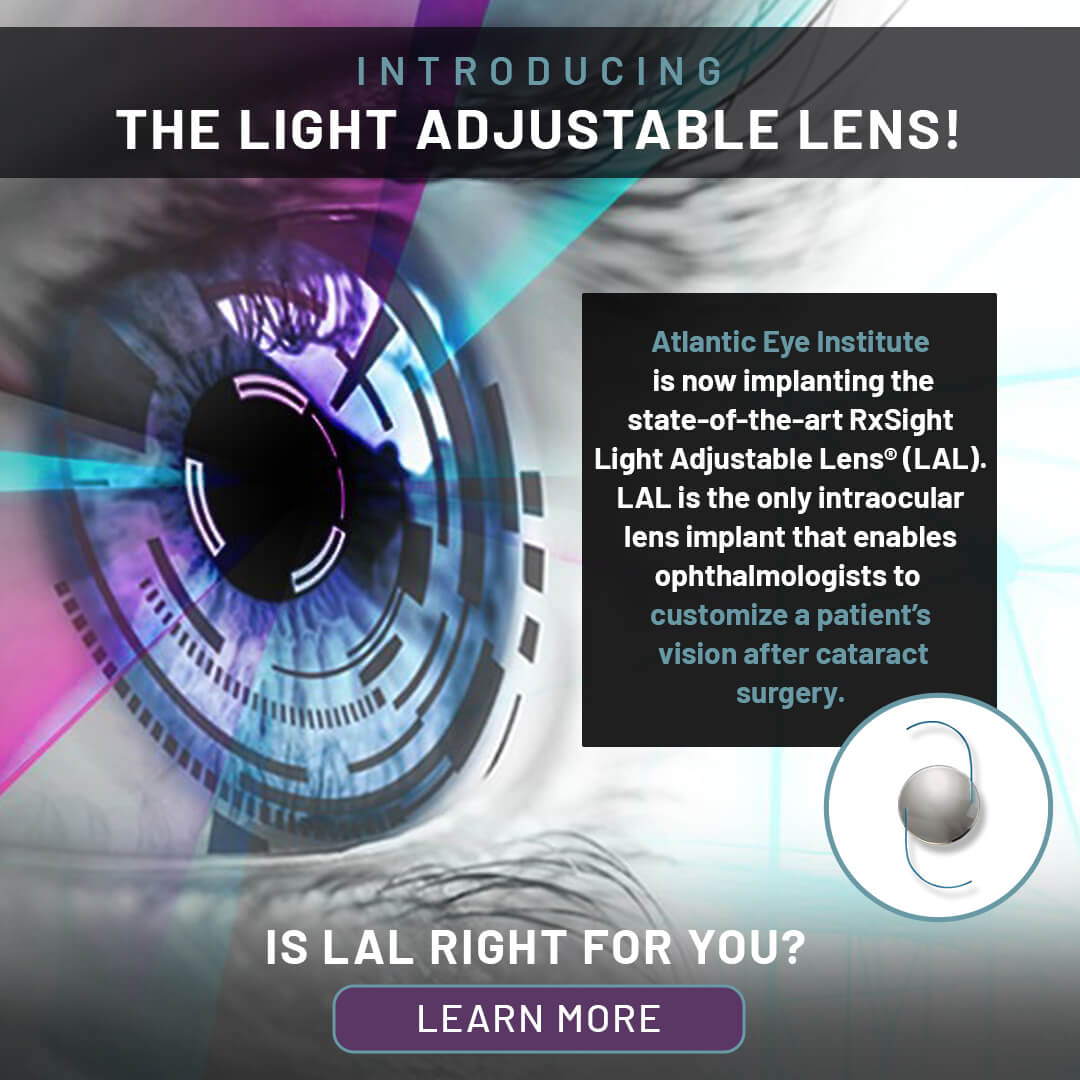At its best, light sensitivity (photophobia) is annoying. However, the condition can also be painful, not to mention dangerous – especially if it impacts your ability to drive.
An optometrist should evaluate any episodes of abnormal light sensitivity.
9 Things That Cause Light Sensitivity
Schedule an appointment with your optometrist ASAP. In the meantime, see if one of these nine common causes of light sensitivity may be related to your situation.
You have a migraine (maybe a pain-free ocular migraine)
Migraines come in multiple forms, and light sensitivity is almost a universal symptom. Sometimes people experience light sensitivity as part of a migraine’s onset (called an “aura). Other times, the migraine sets in, and light sensitivity is a result.
FYI: Pain is not always a symptom of migraines. They are known for the severity of the headaches they cause. However, ocular migraines are different. They may occur with only a small level of headache or discomfort, but they affect the field of vision and can cause light sensitivity. They are worth investigating because eliminating common causes – like too much screen time or eye strain – can prevent their reoccurrence.
Excess light exposure (UV damage)
If you’ve spent time outdoors without proper sun protection, including eyeglasses, you may be experiencing light sensitivity because you’re eyes are sunburned. Your eyes are more sensitive to the sun’s UV rays than your skin. Sunglasses with UV protection are essential.
If you’ve spent time outdoors without sunglasses, especially if you were near water or in the snow, you may be experiencing temporary sun damage. If your child complains of light sensitivity and they were outdoors in the sun, water, or snow the day before, it’s time to get them properly fitted sunglasses as well.
Eye allergies
As this post “goes to press,” Florida is in the middle of spring bloom. This means we’re headed into peak allergy season when many patients mention their itchy, watery, red, irritated, and light-sensitive eyes.
Once you’ve confirmed the issue is allergies – and not an infection – over-the-counter allergy medications and allergy-eye drops are typically enough to soothe your symptoms.
Eye infection
Since we already mentioned them, let’s continue with the potential eye infection – one of the most common causes or red eyes (and light sensitivity). When eyes are infected – usually bacterial or viral – they become pink/red (hence the term “pink eye”). They are typically irritated, goopy, and unhappy about bright light.
Most infections resolve independently after a week or so of eye baths, compresses, and rest. However, your optometrist or physician can prescribe antibiotic drops if the infection is bacterial (typically associated with yellowish/greenish goop rather than clear or whitish goop).
Dry eye
Do you spend a lot of time in front of screens? Are you 50 years old or more? It could be that you have a case of dry eye. When the eyes don’t blink enough (which happens when you’re using screens) or as lubrication dries up due to age, the eyes become more prone to dry eye – causing light sensitivity.
In most cases, dry eye can be reversed by using mindful screen practices, non-preservative eye drops, getting healthy sleep each night, and staying hydrated. For more serious or chronic cases, your optometrist may provide special drops or ointments, exercises, or other treatment options to keep your eyes from drying out.
Medication side effects
Some people are unaware, or forget, that medications can cause light sensitivity as a side effect. Some of the most common examples include:
- Ibuprofen/naproxen
- Antihistamines
- Estrogen-based contraceptives
- Dilantin
- Tetracycline
- Doxycycline
- Methotrexate
- Thioridazine
- Trifluoperazine
- Cimetidine
- Ranitidine
- And many more
The list is too long to continue. However, read your prescription labels or consult with your pharmacy to see if your medications – over the counter or otherwise – can cause light sensitivity. We also recommend bringing a list of current medications to your next eye exam. We’re happy to review it and let you know which – if any – causes eye or vision-related side effects.
Scratched cornea (corneal abrasion)
Most of the time, a light surface scratch heals quickly, and light sensitivity fades as it heals. However, a corneal abrasion is more severe. It is a deeper scratch, can take longer to heal, and may also become permanent if it’s not addressed soon enough or the cause (like over-rubbing the eyes) continues.
Optometrists notice corneal abrasions during routine eye exams. At that point, we’ll let you know what we see and how to treat it. In the meantime, an abrased cornea is more sensitive to light.
Inflammation in the eye
There are multiple conditions that involve inflammation in the eyes. Examples include:
- Keratitis
- Uveitis
- Infected corneas
- Keratitis
These almost always require treatment from a physician or optometrist.
Preeclampsia
If you’re pregnant and suddenly light-sensitive, it’s worth calling your OB/GYN or midwife. While your pregnancy puts you at higher risk for developing dry eye, light sensitivity is also a symptom of pre-eclampsia.
Pre-eclampsia is very serious and puts you and your baby at risk. Most women that have vision-related symptoms of pre-eclampsia also experience flashing lights, blurred, or spotted vision, but it’s always better to err on the side of caution.
Call Atlantic Eye Institute If You Experience Atypical Light Sensitivity
Are you experiencing light sensitivity that isn’t normal, and you’re not sure why? Give us a call here at Atlantic Eye Institute, (904) 241-7865. We’d much rather tell you that there’s nothing to worry about than have you suffering from a treatable cause. We’ll listen to your symptoms, ask questions about your current medical history and lifestyle, and then give you a thorough exam.
Most causes of light sensitivity are treatable, so the sooner, the better! Contact us to schedule an appointment or to speak to one of our optometrists online.

